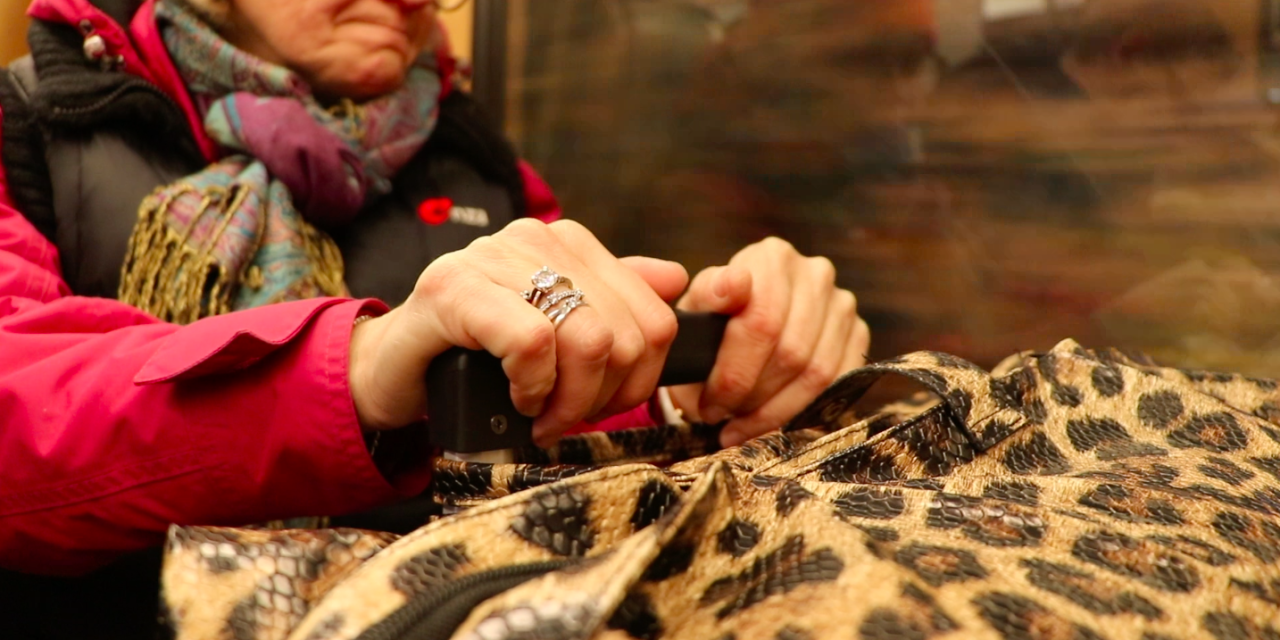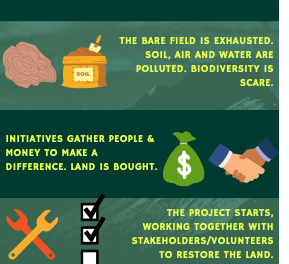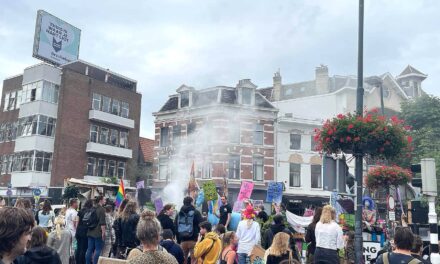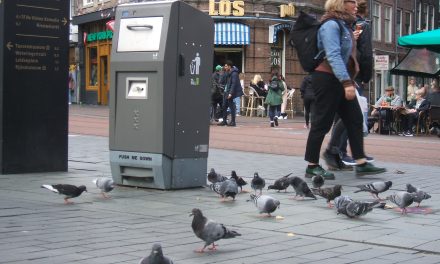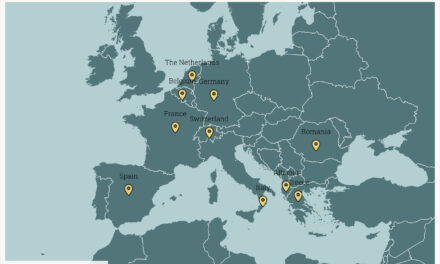All across Europe, countries are seeing unprecedented numbers of refugees and asylum seekers cross borders after the awakening of the Ukraine War.
As there is no centralised immigration policy currently enforced by the European Union, each EU state has been left to determine its own regulations.
Belgium has chosen to create a separate set of immigration policies and systems for its Ukrainian refugees to the rest of its refugee and asylum seeker population.
There are many debates over the influences of this system. Many argue that due to the strong ties between many European countries, prioritisation of Ukrainian refugees was inevitable. However, others argue that prioritising European refugees over refugees from other regions highlights potential underlying xenophobic and racist influences on policy decisions.
These immigration policies have caused uproar in recent months, with refugees arguing their Ukrainian counterparts are being unfairly prioritised. Some asylum seekers I spoke with at the Brussels Orientation Centre argue that they are being “left behind”; waiting to be processed.
Fedasil is the Belgian government’s immigration institution and it is responsible for immigration processing and refugee and asylum seeker support. Due to minimal increases in funding and staffing, there is a lack of resources available to truly support the volume of refugees and asylum seekers entering the country, in particular Brussels currently.
Whilst resources are currently limited, this production aims to highlight whether the resources are fairly distributed to assist refugees and asylum seekers as a whole, or whether prioritisation of particular populations is prevalent.
For years now, Serve the City has worked to support refugees and asylum seekers who are unable to be adequately supported by Fedasil. I spoke with two volunteers who regularly support refugees and asylum seekers around Brussels.
Lucinda is a team manager at Serve the City and has been volunteering and working in this field for the past six years. She shared her insight into immigration, highlighting the need for ‘top-down’ action to create true change.
Elio is a volunteer with both Fedasil and Serve the City. He was able to provide insight as someone who has worked alongside the immigration system, but also as someone who has worked with an organisation attempting to compensate for the flaws of current government initiatives. Elio expressed his immense concern for the increasing number of refugees and asylum seeker prevalence in Brussels, particularly within homeless communities.
This exploration has ultimately placed into question – is everyone being treated equally? Even in a city with limited funding and resources, what impact is policy having on refugee and asylum seeker experience?
